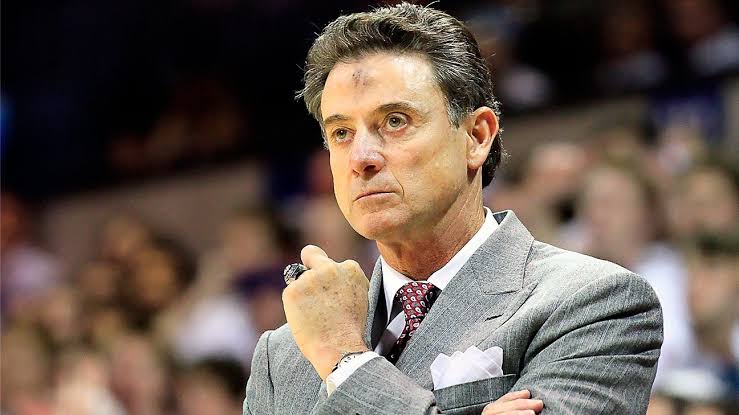As of February 2025, Rick Pitino has resigned from his position as head coach of the St. John’s Red Storm following intense public criticism that arose after a controversial trade involving player Zuby Ejiofor. The decision to step down was a shock to many in the basketball community, as Pitino had only recently been viewed as the man to restore the historic program to national prominence. The trade of Ejiofor, however, ignited widespread controversy and backlash, eventually leading to Pitino’s resignation.
Rick Pitino’s coaching career is a storied one, marked by successes, controversies, and a deep impact on college basketball. Having coached for over four decades, Pitino’s resume includes NCAA championships, multiple Final Four appearances, and a reputation for developing NBA talent. His move to St. John’s in 2024 had been met with excitement, as fans and analysts believed he could lead the Red Storm back to the top of the Big East. The program had struggled for years, but Pitino’s arrival promised a new era of success.
However, Pitino’s tenure at St. John’s quickly became embroiled in a series of contentious decisions, and it was a trade involving the highly touted Zuby Ejiofor that became the breaking point. Ejiofor, a promising young talent with a lot of potential, had been a key part of St. John’s plans for the future. The player’s trade to another program came as a surprise to many, especially given the player’s high ceiling and his importance to the team’s long-term goals. Fans, players, and even some analysts voiced concerns that the trade was a strategic misstep.
The criticisms mounted as rumors surfaced about the trade’s motivations. Some speculated that Pitino had traded Ejiofor due to internal conflicts within the team, while others suggested that the coach had acted impulsively in an effort to shake up the roster. The lack of transparency surrounding the trade only fueled the fire, with many questioning whether the decision was made for the right reasons.
The backlash grew louder as several players publicly expressed dissatisfaction with the trade, and a growing number of former players and media members began to criticize Pitino’s leadership. With St. John’s still in the early stages of rebuilding, the trade was seen by many as a miscalculation that could undermine the program’s future. Some observers argued that Pitino, known for his intense and sometimes controversial approach to coaching, had gone too far in this instance.
The criticism reached a boiling point in the days leading up to Pitino’s resignation. Reports emerged that Pitino had lost the support of several key players, and the once-promising rebuilding project appeared to be in jeopardy. While Pitino had always been able to weather storms during his career, this particular controversy proved to be one he could not navigate.
In his resignation statement, Pitino acknowledged the difficulty of the decision but emphasized his commitment to the future success of the program. “While I have always believed in making tough decisions for the good of the team, I recognize that the recent trade of Zuby Ejiofor has caused significant unrest, and it is clear that my ability to lead St. John’s has been compromised,” Pitino said. “I believe this is the best course of action for the program moving forward.”

The trade of Ejiofor and Pitino’s subsequent resignation raise important questions about the state of college basketball, the role of coaches in roster decisions, and the ways in which fan expectations can influence program direction. Pitino’s resignation, though sudden, is not the first time a coach has found themselves at odds with the public after making a controversial personnel move. However, it underscores the growing pressure on coaches to not only win but also to manage their relationships with players and fans in an age of increased scrutiny.
Looking ahead, St. John’s will now need to find a replacement who can navigate the complexities of the program, repair the fractured relationships, and re-establish a sense of stability and trust within the team. Pitino’s departure marks the end of what was supposed to be a promising chapter for the Red Storm, and the fallout from this trade will likely be felt for some time.
In the aftermath of Pitino’s resignation, the focus will likely shift to the future of St. John’s basketball. The program will need a new vision and a leader who can unite players, fans, and staff alike. As the college basketball world watches, all eyes will be on how St. John’s handles this transition and whether they can rebuild from the turmoil left by Pitino’s sudden exit.
